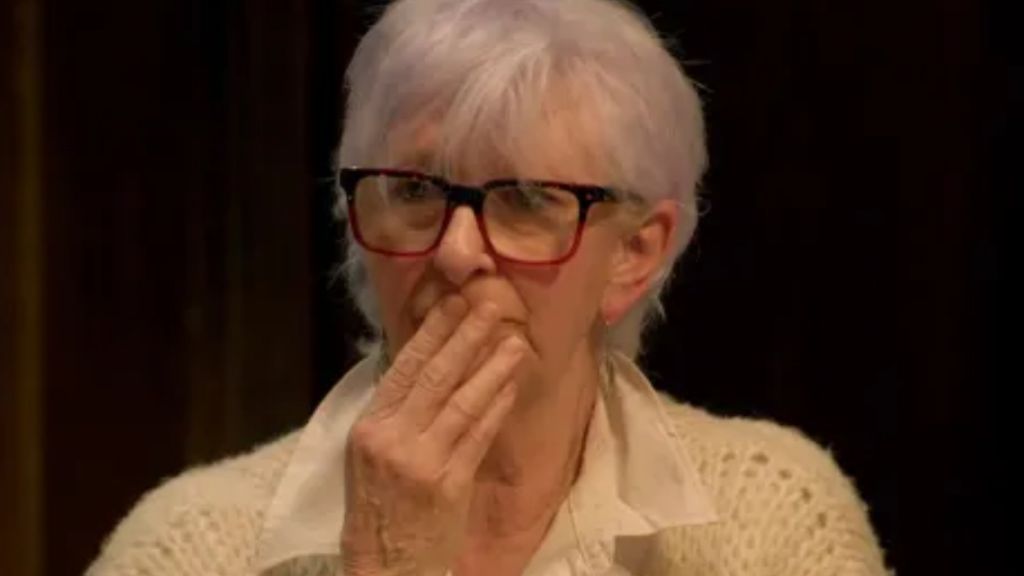
I never understood why football fans would physically get out of their seats and yell at the telly until I watched this year’s The Traitors.
Like a lot of viewers, it took until season three for me to finally tune into the Claudia Winkleman-hosted delight. Since then, I’ve found it blood-boilingly stressful to watch what seems like an obvious lie be accepted by innocent contestants ― which is a lot of the show’s appeal.
That’s partly because we know the facts behind the show, which is of course edited. But even that aside, experts say that nope ― you probably wouldn’t fare better than the current cast when it comes to spotting a liar.
How bad are we at detecting lies?
According to social psychologists Dr Charles F. Bond Jr. and Dr Bella DePaulo, whose book Is Anyone Really Good at Detecting Lies?: Professional Papers looked at the results of multiple lying studies involving 24,000 people, we’re 4% better than random chance.
That’s right ― you have a 50/50 chance of getting it right if you guess who’s lying based on nothing, and a 54% chance if you try your hardest to judge cues and clues.
The experts found that we were more likely to believe lies than to trust the truth too; 47% of fibs were classified as deceptive, while 61% of truths were treated with suspicion.
Professional lie detectors, like those in law enforcement, only fared 1% better (at 55%) than the rest of us.
That means, say, a former British diplomat isn’t inherently on much better ground than anyone else.
Why are we so bad at spotting liars?
The Traitors cast have been right to point out that little comments (like, say, whether the Traitors would be women or men) or facial expressions (see: Freddie looking at Liv) aren’t the best way to judge the truth.Most people are simply looking for the wrong data. When asked how to spot whether people are lying, the majority of respondents to a 2010 study said they’d look at body language, eye contact, and talking speed.
But even when we’re looking for the “correct” signs, which most of us do, Dr DePaulo told Psychology Today that we still won’t do well because we’re barking up the wrong tree.
That’s because verbal and physical cues simply don’t correlate to the truth as much as we think.
You might act as nervous as a liar because you’re under suspicion even though you’re innocent; you might start seeing cues that a completely unsuspecting truth-teller performs as a sign of lies simply because you’re placing them under scrutiny.
“If you want to know whether someone is lying, you can’t just sit back and observe their verbal and nonverbal behaviours,” the expert said. Instead, you can try asking strategic questions that may trip them up or ― music to Dan’s ears ― rely on the cold, hard evidence.


